Kinds Of Birds blue jay eggs Saved by Sabrina brinkerhoff 104 Kinds Of Birds All Birds Blue Jay Eggs Egg Nest Bird Watching Bird Feathers Beautiful Birds Bird Houses Mother Nature The Blue Jay's diet mainly contains insects( such as catterpillers, worms), certain berries and the eggs of other birds that is why peopleColor Blue back, rusty breast, and white belly Sounds A warbling song and various call notes Reproduction Bluebirds nest from late March through early August They build cuplike nests of grass or pine needles in a nest box or some other cavity The eggs, usually three to five, are pale blue (sometimes white)

Hybrid Birder Eastern Bluebird Egg Color
Bluebird blue jay eggs color
Bluebird blue jay eggs color- Bluebird Eggs are powder blue (no dark spots), sometimes white It is not common to have feathers in a bluebird nest, but this one had a few The swoopy nest to the right has a leaf in it which may have been stuck to the mix of pine needles and grass used The young inside the eggs in the front and the lower right are both pipping Like all other blue birds, Indigo Buntings lack blue pigment Their jewellike color comes instead from microscopic structures in the feathers that refract and reflect blue light, much like the airborne particles that cause the sky to look blue



2
What does female blue jay look like?The color of the Bluebird egg is normally blue But rarely some females lay white eggs or pink eggs only Rare white bluebird eggs Egg color is not alternated within a single clutch In other words, a female lays either all blue, all white, or all pink eggs in one clutch Incubation Period The hue of robin's eggs is so familiar that it's common to describe some shades as "Robin's egg blue" The birds lay a clutch of three to four 11 to 12inch long eggs in a nest
Click to see full answer Likewise, why are some bird eggs blue?Sometimes robs other nests for young birds and eggs Opens nuts by holding them in place with feet and hammering the shell with bill Readily Eats Cracked Corn, Suet, Nuts, Sunflower Vocalization Blue Jay Calls include raucous, harsh cries, and a rich variety of other sounds The female blue jay lays three to five eggs after which she sits on them for incubating them for a little over two weeks During this time, she is fed and taken care of by the male blue jay After the egg hatches and the newborn is welcomed into the world, it stays in the nest for two months after which the parents and the newborn go stay with
Blue jays are actually gray but light refraction causes the light to bend into a blue wavelength They are aggressive and will raid other birds' nests, steal eggs, young birds, and even the nests They are omnivores and, when they hunt, they hunt more than they can eat OmnivoreBlue jays are one of the birds that lays blue eggs It is a light blue that may have some green hues However, that is not the only blue jay egg color They can also be yellow with brown or greyish spots Nestlings & Fledglings – How Long Do Blue Jays Stay with Their Parents?But as you've probably figured out, many kinds of birds lay blue eggs It's a natural color for their offspring We hope you found this article on what kind of birds lay blue eggs useful and interesting If you find blue eggs in your yard, let us know about it in the comments below Fly high friends!




Species Profile Blue Jay Nature S Clown Birdwatching
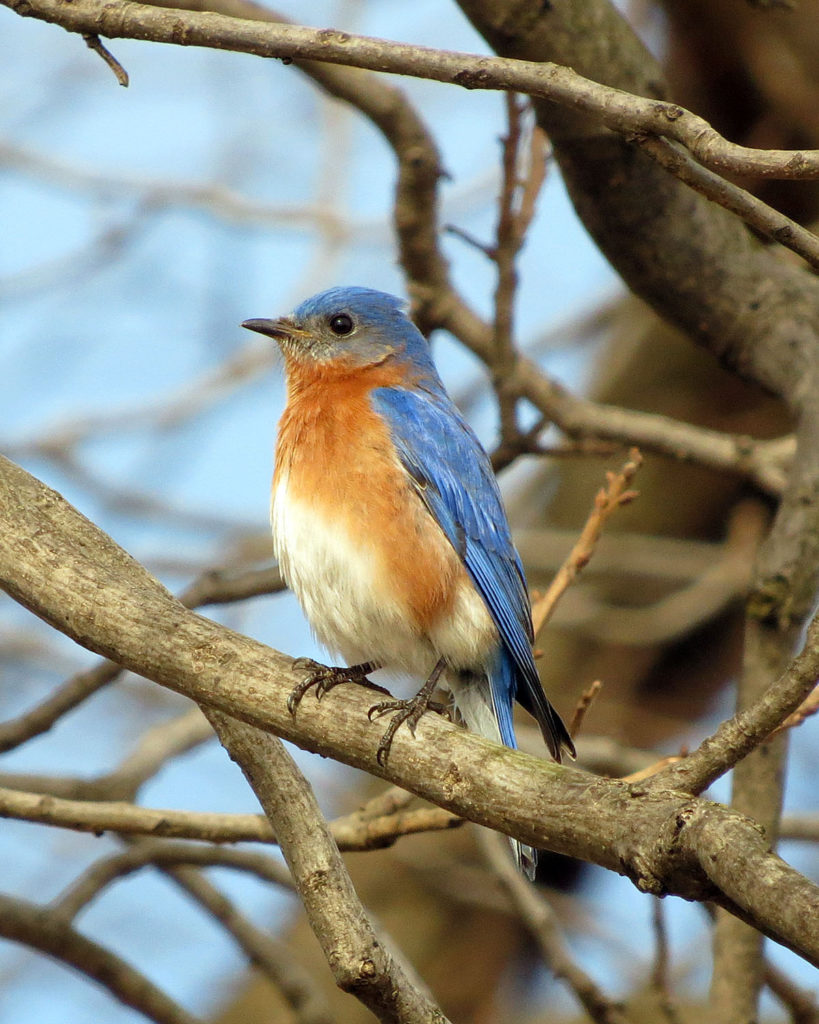



Bluebird Facts And Information South Carolina Bluebird Society
The male will feed the female during this time Both parents feed their young, which leave the nest after about two weeks of age The blue wavelength is refracted, which is what allows us to see the feathers as blue in color, according to the Cornell Lab This optical illusion is not unique to blue jays This same trick of the eye gives all bluecolored birds, including indigo buntings and bluebirds, their brightly colored appearance;If blue jay appears in your life, you will feel safe and protected Accordingly, do Blue Jays eat eggs?
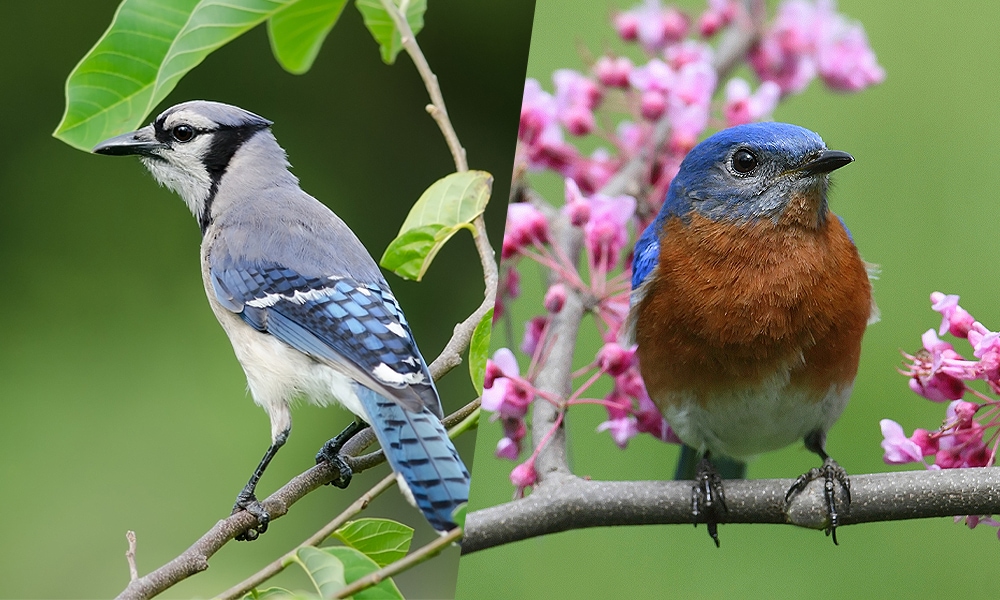



Bluebird Vs Blue Jay Songs Habitat Identification World Birds
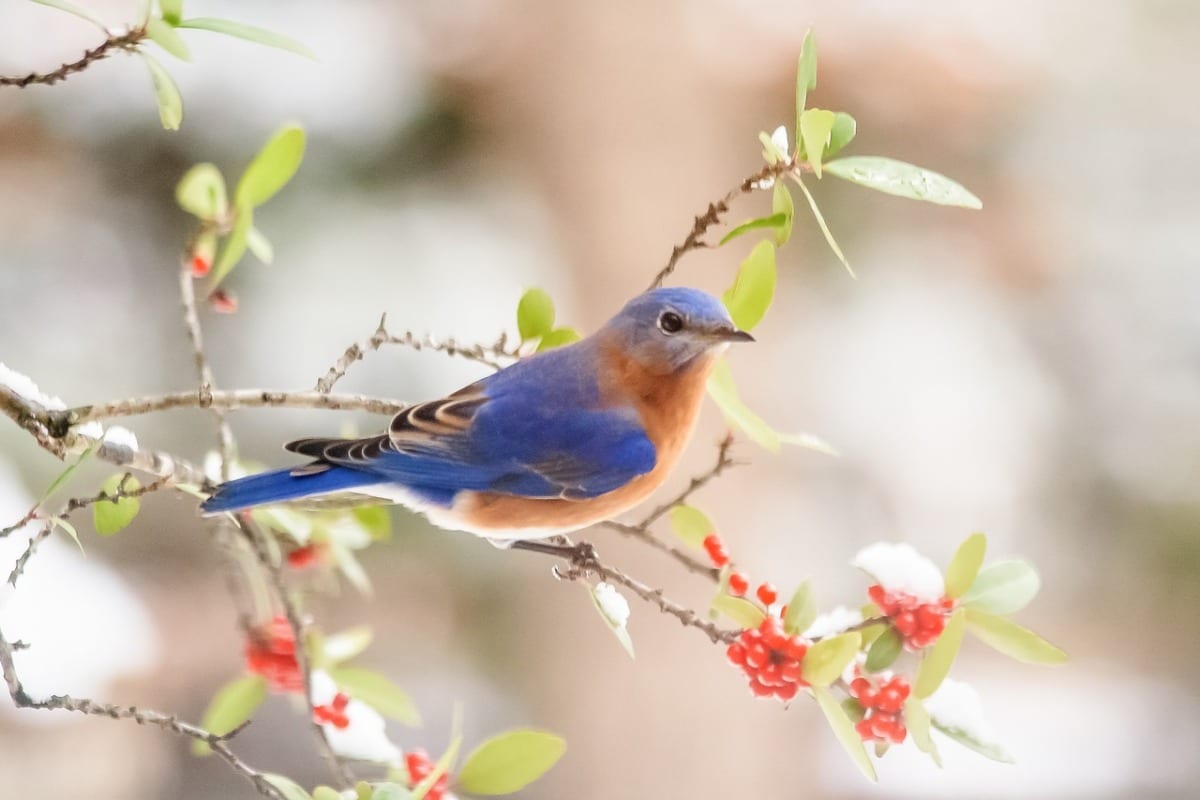



Bluebird 101 All About Bluebirds Expedition Wildlife
Blue Jay eggs are blue or light brown with brown speckles These eggs measure 1 to 13 inches in length and have an incubation period of about 18 days Blue Jays, common in both urban areas and forest edges, build nests 10 to 25 feet above ground in crooks or thick branches of decidious or coniferous trees The blue jay has a wide range of natural habitats across the northern hemisphere, but its main destination is the southern United States It is the fourth most common passerine birds in the United States and is favored by birders for its colorful blue plumage and, highflying style of flapping its wings and for its omnivorous habitsHowever, blue jays have also been known to attack or kill other smaller birds, and foliageroosting bat species such as Eastern red bats Jays are very territorial birds, and they will chase others from a feeder for an easier meal Additionally, the blue jay may raid other birds' nests, stealing eggs, chicks, and nests
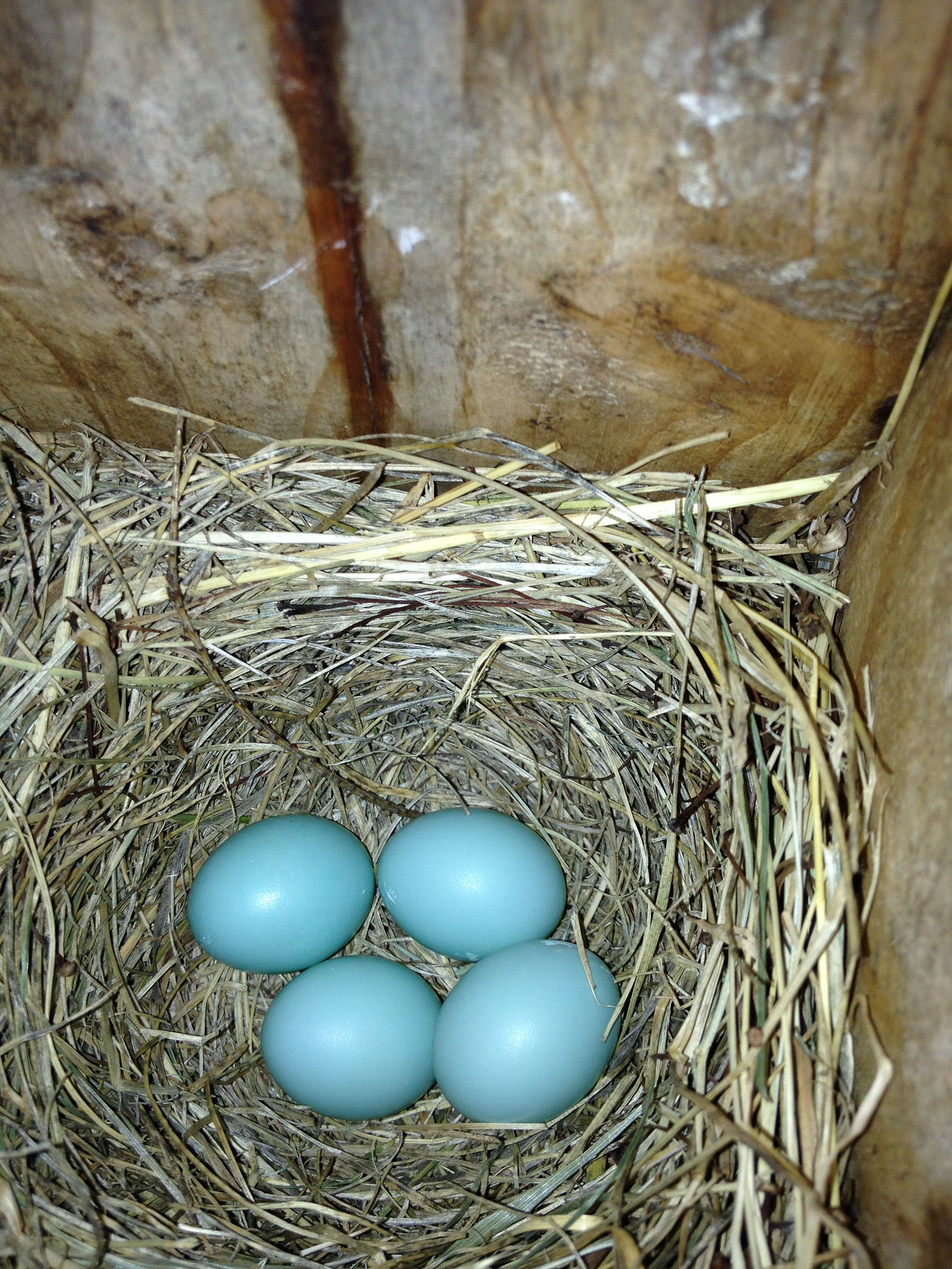



Occurrence Of Twin Embryos In The Eastern Bluebird Peerj




Faux Blue Bird Eggs And Nest
Whenever a blue jay detects a predator around their nest, they're likely to abandon it without a fight What do blue jay eggs look like?Blue Jay eggs are blue or light brown with brown speckles These eggs measure 1 to 13 inches in length and have anCalls, Blue Jays make a variety of musical sounds, and they can do a remarkable imitation of the scream of a Redshouldered
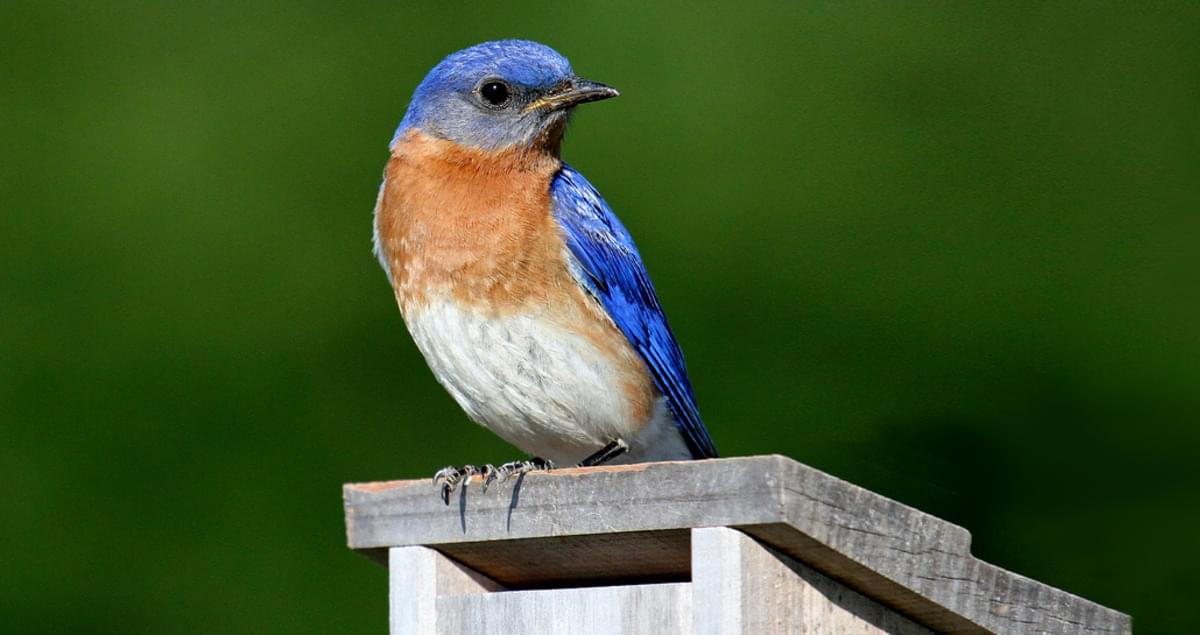



Eastern Bluebird Life History All About Birds Cornell Lab Of Ornithology




Why Do Birds Lay Blue Eggs Kim Smith Films
The eggs are powder blue Blue Jays are attracted to the color blue All birds are attracted to most bright colors, but certain birds are attracted to certain colorsThe female Steller's jay produces an average of 26 eggs The eggs are oval in shape and are pale bluegreen in color with small brown or olive spots The female will incubate the eggs for about 1618 days;These birds have a thick, black, stout bill, and the head features a Male and female blue jays look alike with a white face, throat, and chin bordered by a prominent black necklace that extends from the nape to the breast




Blue Jay Audubon Field Guide




California Scrub Jay Audubon Field Guide
Blue jay eggs are usually 1 to 13 inches long with a width of 07 to 09 inches They can be light blue, light green or yellowishbrown in color with brownish or grayish spots Each female lays between 3 to 7 eggs in the nest Most female blue jays will raise only one or two broods per season Blue jays and other members of the crow family are notorious eggstealers They are intelligent and aggressive and will raid other birds' nests to steal eggs, young birds, and even the nest itself So yes, the blue jays in the painting are indeed eating another bird's eggs Audubon wrote of the blue jay, "Who could imagine that a form soBlue Jays are known to take and eat eggs and nestlings of other birds, but we don't know how common this is In an extensive study of Blue Jay feeding habits, only 1% of jays had evidence of eggs or birds in their stomachs Most of their diet
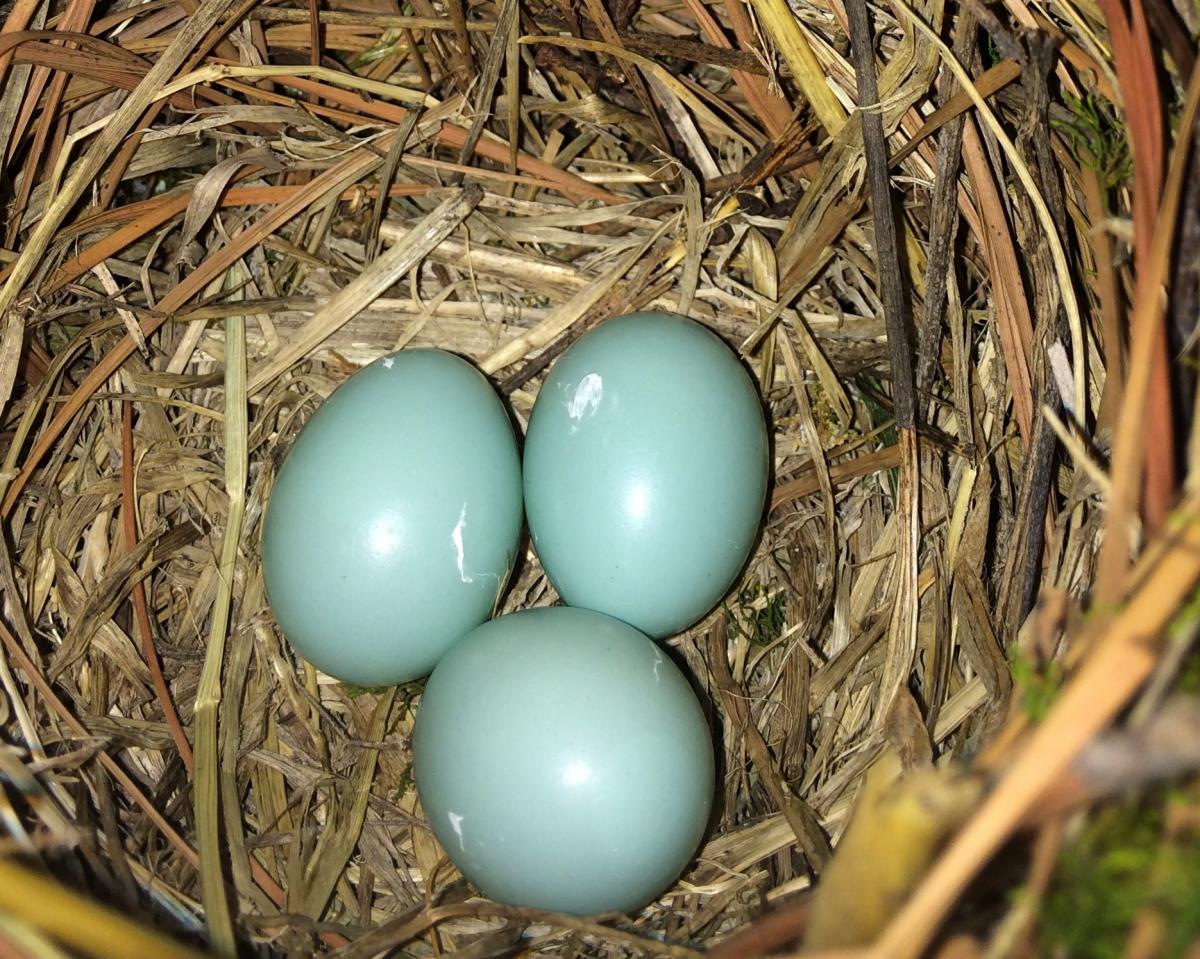



Bluebird Monitoring



Bluebird Nestling Day 1 21 Time Sequence Photos
Blue Jay Feeds on fruits, nuts, seeds, insects, mice, and frogs;While you might be most familiar with "robin's egg blue", many species of birds lay bluecolored eggsThey found that blue eggs absorb just the right amount of light to warm the egg, but not allow it to get too hotEggcellent!Shedding Light on Bird Egg Color Pigment as Parasol and the Dark Car EffectWhat Do Blue Jay Eggs Look Like?




When Do Bluebirds Nest And Lay Eggs Birds And Blooms




Some Bird Nests Blue Jay Bird Bird Bird Nest
Pinyon Jay Small, crestless, stocky jay with bluegray body Head is darker blue and has pale streaks on throat Tail is short Bill, legs, feet are black Feeds on pine seeds, grain, fruit, berries, insects and eggs and young of other birds Steady bouyant and direct flight with deep wing beatsThe Blue Jay's nest is a cup of twigs, weeds, grass, bark fibers, and other materials, and is typically placed in a crotch or fork of a tree Color greenish or blue in color with darker markings The young hatch at about 1618 days Young leave the nest (fledge) in another 1721 days, though continuing to associate with the adults for some timeI set up a web cam on a robins nest on my front porch I was able to capture a pair of Robins building a nest and laying three eggs A couple of Blue Jays
/why-robin-eggs-are-blue-4161031-hero-4b1ed9d664834a40a2d472789b84912b.jpg)



Why Are Robin Eggs Blue




What Birds Lay Blue Eggs And Why Does This Happen
Seeing blue eggs can be surprising at first!Color Color and the next characteristic, markings, go a long way in helping to identify eggs You'll want to make note of the general base color (white, brown, beige, etc), if the color is uniform across the entire egg, if the color is pale or bold, and whether there are variations in the hue Blue Jay eggs / What color are blue jay eggs?




Western Bluebird




My First Bluebirds Then Tragedy
If they detect a predator, they'll move right away Female blue jays lay up to seven blue or brown spotted eggs Check out 9 proven tips to attract nesting birds Baby Blue Jays Once they hatch, baby blue jays fledge at between two and three weeks old Learn how to identify bird eggs by color and size Blue Jay Bird Call and Sounds Starlings also lay blue eggs, but you will be able to easily see the difference because they are bigger than bluebird eggs Here is a list of some of the most wellknown birds that lay blue eggs Redwinged, Rusty, and Tricolored Blackbird Bluefooted Booby, Bluethroat, Bluegray Gnatcatcher, Blue Grosbeak, Blue MockingbirdNone have any blue pigment




Robin Egg Blue Wikipedia
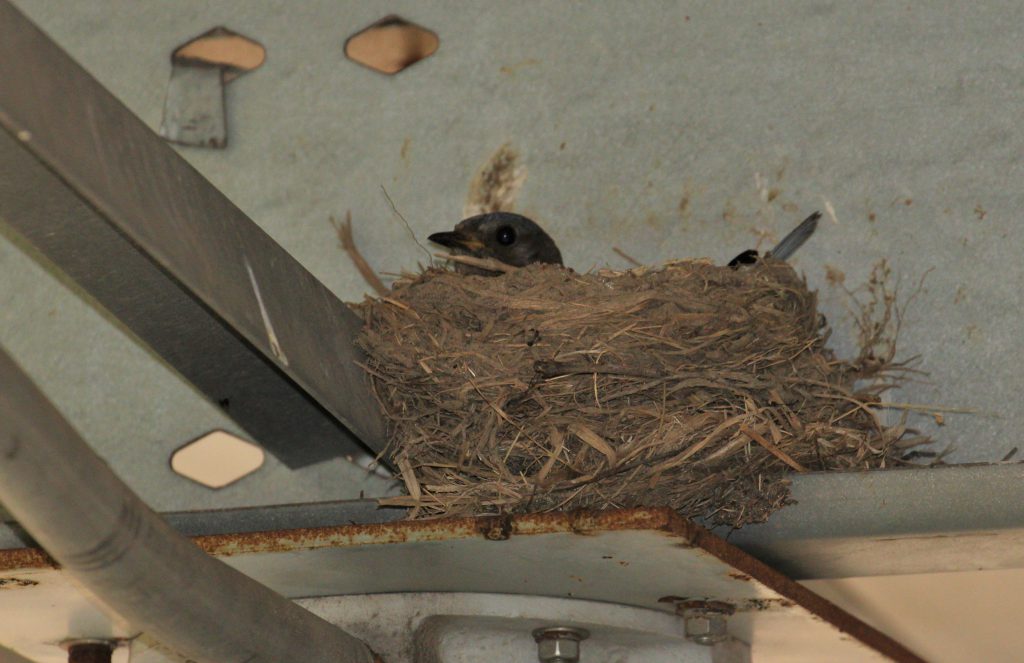



Nestwatch Eastern Bluebirds Using Open Cup Nests Nestwatch
Get Instant ID help for 650 North American birds Large crested songbird with broad, rounded tail Blue Jays are smaller than crows, larger than robins White or light gray underneath, various shades of blue, black, and white above Blue Jays make a Depending on the concentration of the pigment, the coloration can range from bright, bold blue or bluegreen to pale ice blue and every shade in between Smaller eggs and those laid first in a brood are usually more intensely colored than larger eggs orStunning in their color and fleeting when seen, Bluebirds & Bluejays are like the apostrophe of wild birds See more ideas about birds, wild birds, blue bird




Hybrid Birder Eastern Bluebird Egg Color




San Antonio S Blue Jay Birds Have A Bold Color And A Brash Bird Call To Match Their Attitude
The female blue bird has been laying a egg everyday for the past 4 days I opened the bird house this morning hoping to see the 5th egg To my horror, not only there was no 5th egg, there weren't even 4 eggs Only 2 eggs left!The female blue jay lays three to seven eggs, often blue, greenish buff, or yellow The incubation process among most blue jays lasts around 18 days, with the female bird doing most of the incubation The flying speed of the blue jays is 24 miles per hour Creatures like cats, squirrels, crows, raccoons, hawks, possums, snakes, and other mammals or raptors are predators to the Blue jay's eggs Blue jays exist in four subspecies The first category is the Northern blue jay The bird lives in the northern parts of the US and Canada
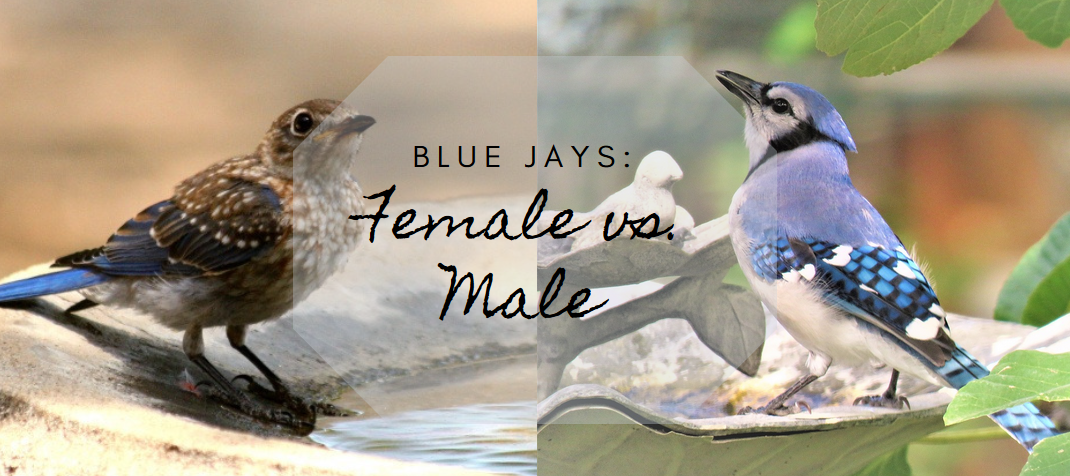



How To Distinguish A Female Blue Jay Bird From A Male Science Trends




What Birds Have Blue Eggs Bird Fact
Blue Jay Nesting And Egg Color Facts The incubation period for blue jays is 1718 days There are usually 27 eggs in a clutch with a nestling period of about 1721 days Their eggs are either blue or light brown in color and have brownish spots Blue Jay Name Meaning The word "jay" has an archaic meaning in American slang Clutch size 3 to 7 eggs The pale grayblue Baltimore oriole egg is covered with sparsely distributed lines and squiggles that marble the egg Occasionally, a nest may be attended by two birds that look like femalesThere is no broken egg shell inside the nest and around the post I took a picture of the 4 eggs yesterday, so I know




Pin By Sabrina Brinkerhoff On Birds Blue Jay Eggs Bird Eggs Pet Birds



About Bluebirds Nysbs
One of the loudest and most colorful birds of eastern back yards and woodlots, the Blue Jay is unmistakable Intelligent and adaptable, it may feed on almost anything, and it is quick to take advantage of bird feeders Besides their raucous jay!Blue jay eggs everything you need to know birdwatching buzz offer blue jays egg ss nature watch never take eggs from a bird s nest opinion buffalonews com what color are blue jay eggs Whats people lookup in this blog Three down, two to go The hatchlings have bright coralpink skin Eyes are sealed shut The abdomen of the bird at the top of the photo is swollen because prior to hatching, the chick swallows most of the liquid in the egg, and pulls the membrane yolk into its abdomen
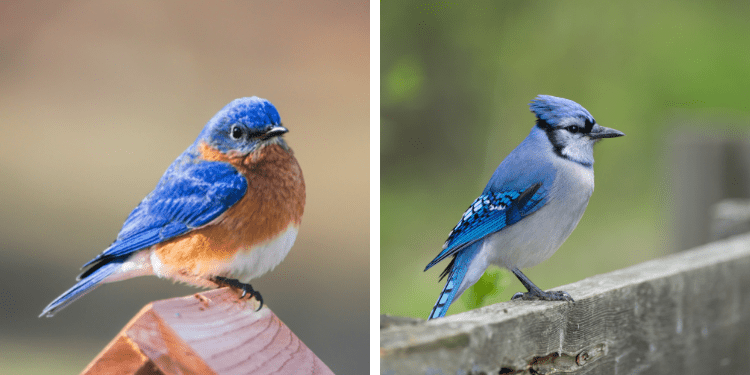



Bluebird Vs Blue Jay What S The Difference Birdwatching Buzz




Blue Jay A New Look At A Common Feeder Bird
The nestling stage of blue jays lasts for about 1721 days Bluebird and American robin species are famous for their blue eggs in North America Birds that build nests on shrubs and trees lay greenish or blue eggs with either spotted or spotted outer shells Holenesting birds lay eggs usually in pale blue or white so that the parents can locate them quickly and avoid breaking them by mistakeJays in our area are somewhat stocky and 10 to 12 inches long from tip of beak to tip of tail The beak is largish and heavy The Western Bluebird is 7 inches long The beak is short and pointed There are two common Jay species in the northern Willamette Valley The Scrub Jay has soft blue wings, tail and some on the upper part of the head
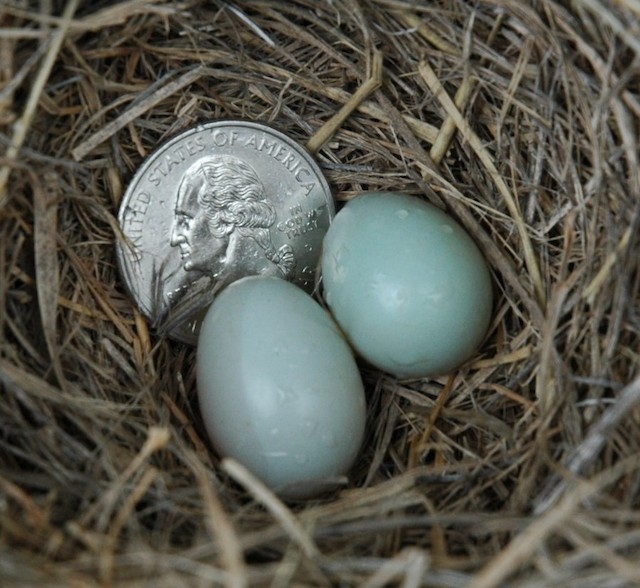



Photos Mountain Bluebird Sialia Currucoides Birds Of The World




Bluebirds How Long Does It Take For Bluebirds To Hatch Youtube
Blue Jays prefer tray feeders or hopper feeders on a post rather than hanging feeders, and they prefer peanuts, sunflower seeds, and suet Planting oak trees will make acorns available for jays of the future Blue Jays often take drinks from birdbaths
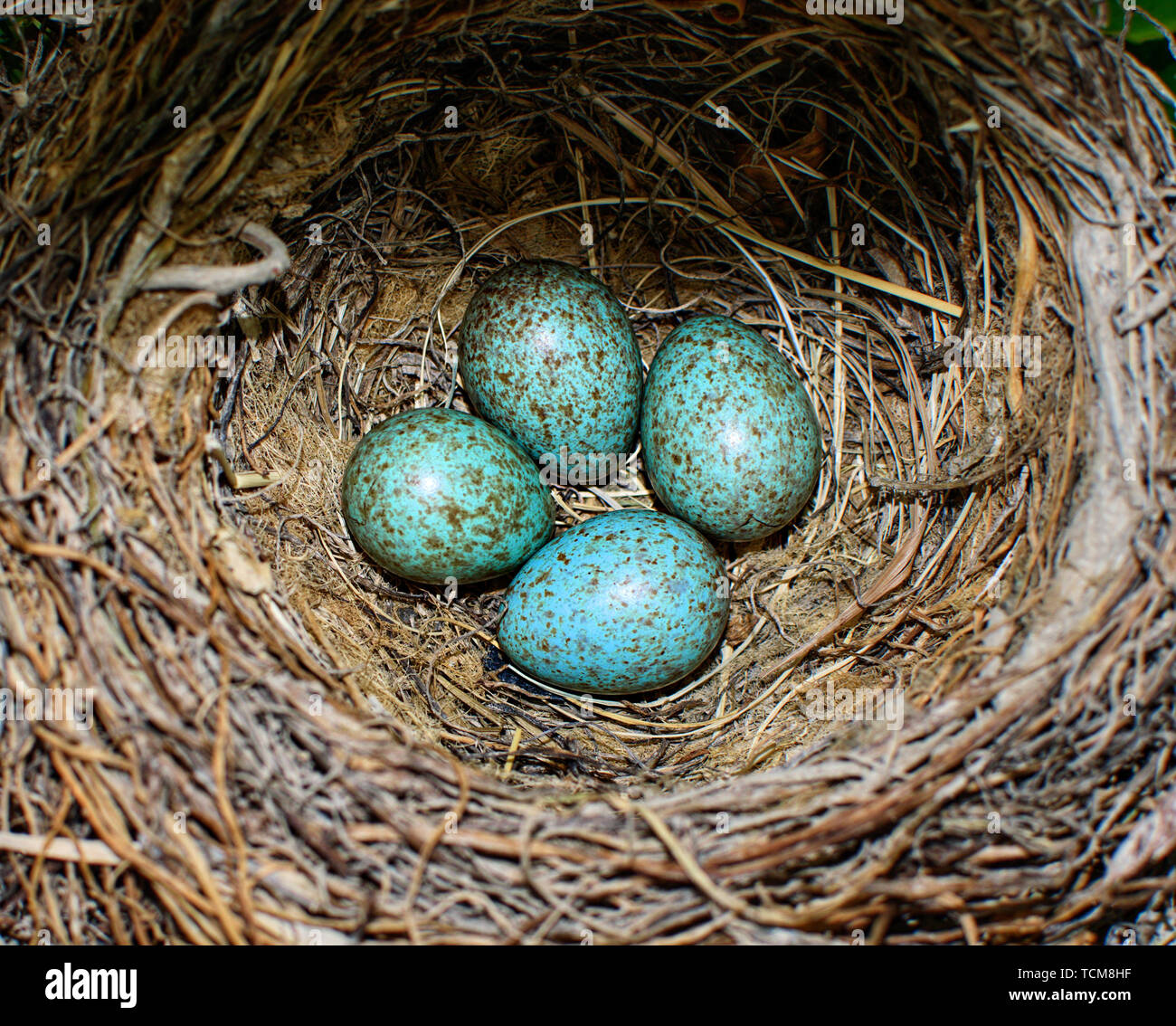



Blue Bird Eggs High Resolution Stock Photography And Images Alamy
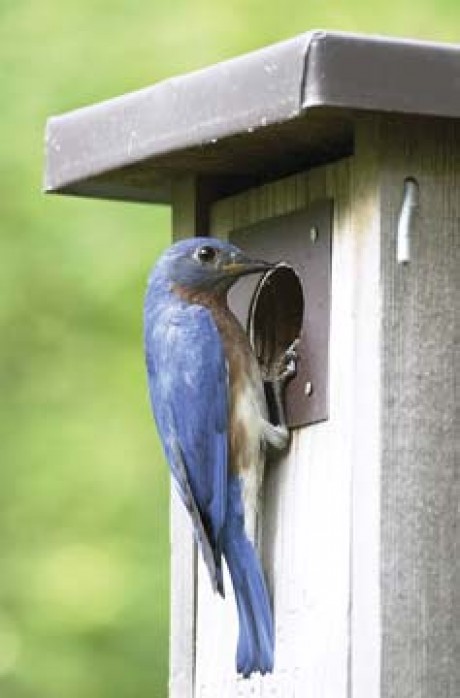



Bluebirds In North Carolina Carolina Country



Which Bird Gives Blue Eggs Quora



Bluebirds Nests And Eggs All You Need To Know Avian Report




Mexican Jay Audubon Field Guide




Blue Jay Eggs Blue Jay Eggs Blue Art Blue Jay



1
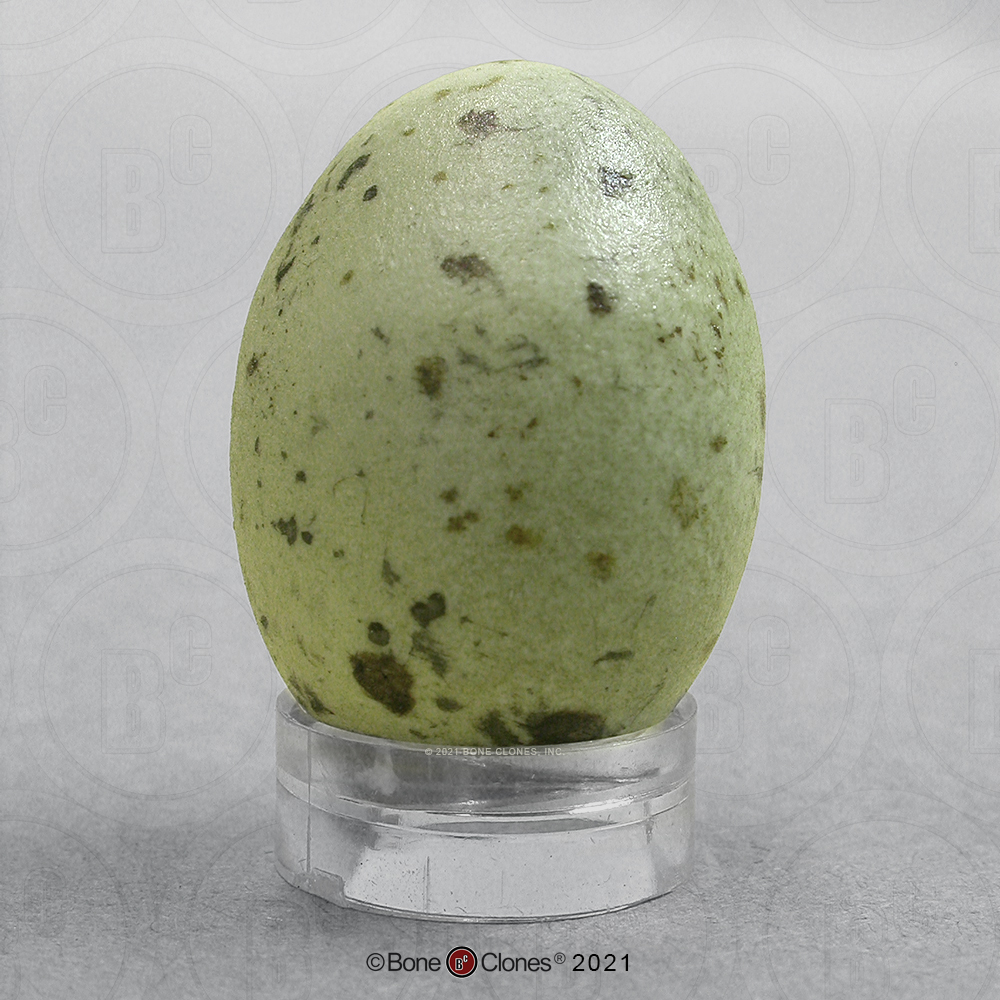



Blue Jay Egg Bone Clones Inc Osteological Reproductions




Bluebirds Nests And Eggs All You Need To Know Avian Report




Nashville Chapter Of The Tennessee Bluebird Society Home Facebook




Eastern Bluebird Bird Species Britannica




Bluebird 101 All About Bluebirds Expedition Wildlife




Basics Of Monitoring Bluebird And Other Birds Nest Boxes The Wood Thrush Shop




Why Are Robin Eggs Blue Coloring Eggs Light Blue Green Bird Eggs
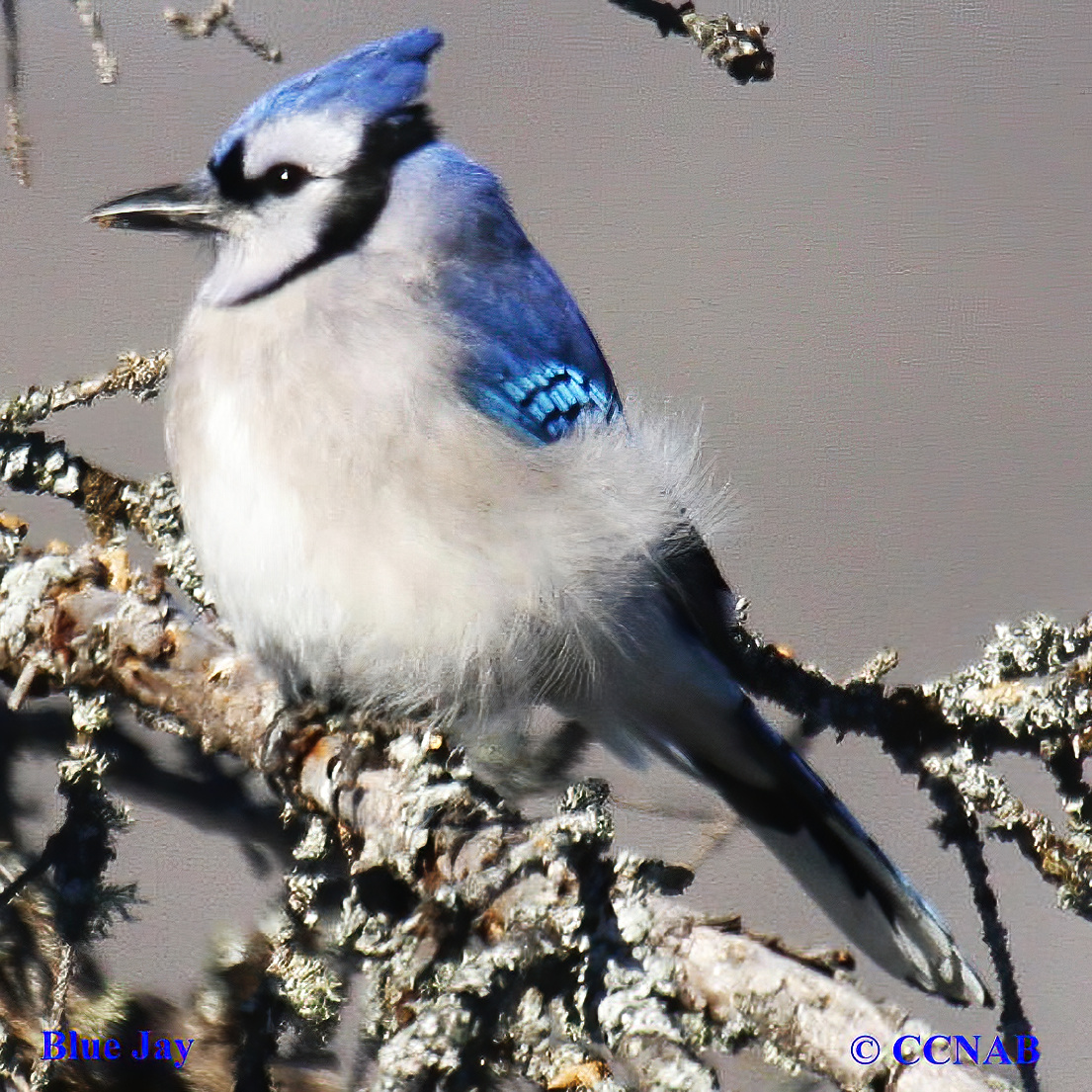



Blue Birds Birds By Color North American Birds Birds Of North America




11 917 Blue Bird Egg Photos Free Royalty Free Stock Photos From Dreamstime



Starling
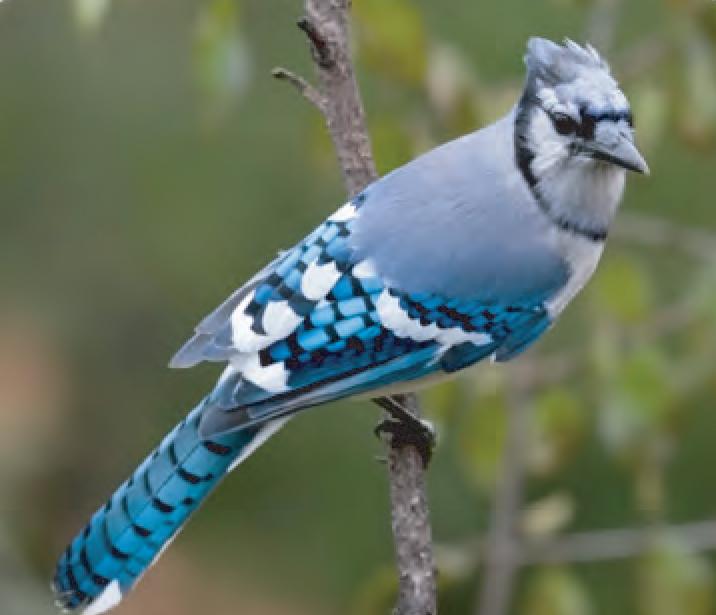



Animal Facts Blue Jay Canadian Geographic




The O 39 Jays Photos And By Comparison On Pinterest Sparrow Eggs Song Sparrow Sparrow Nest
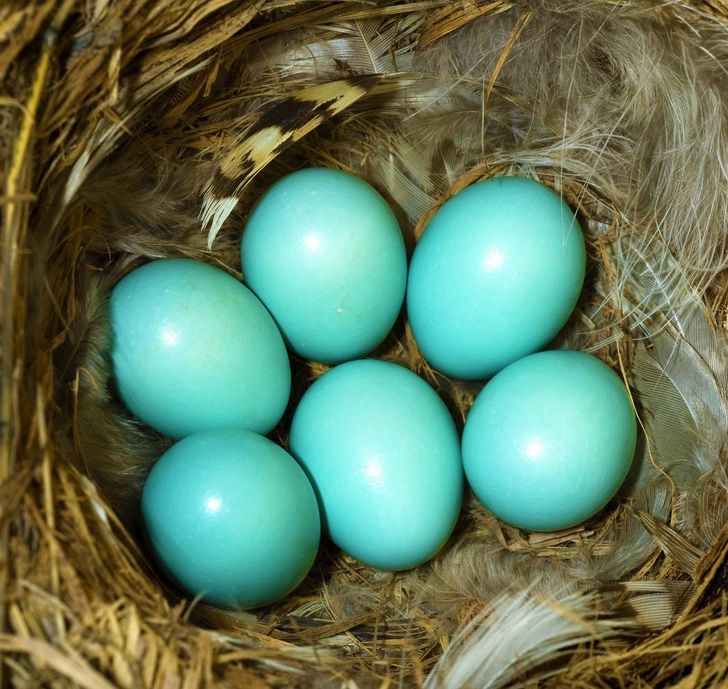



Mountain Bluebirds Lay Unusual Aquamarine Eggs But The Bird Itself Is The True Star Of The Show 12 Pics
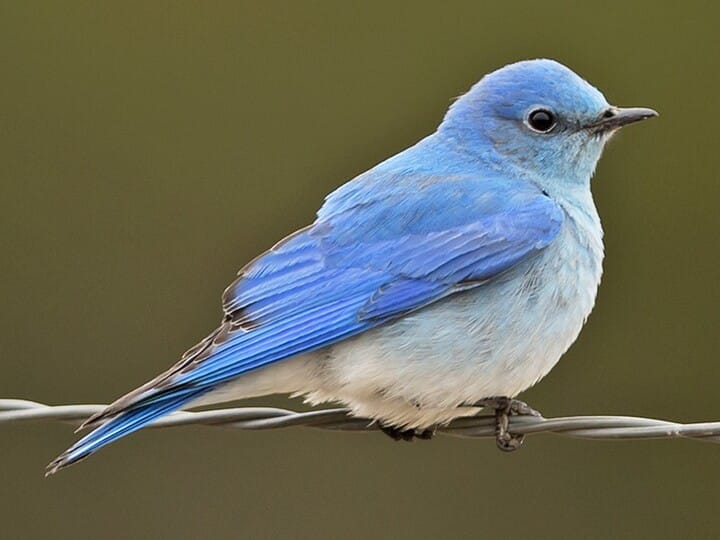



Similar Species To Western Bluebird All About Birds Cornell Lab Of Ornithology




Bird Egg Identifier Uk Kennedy Wild Bird Food Guide



Blue Colored Birds Birds In The Yard




Cavity Nester Egg Identification And Comparison By Size House Wren Tufted Titmouse Black Capped Chickadee Bluebird Hou Robin Bird Eggs Bird Eggs Blue Bird




Nestwatch Eastern Bluebirds Using Open Cup Nests Nestwatch
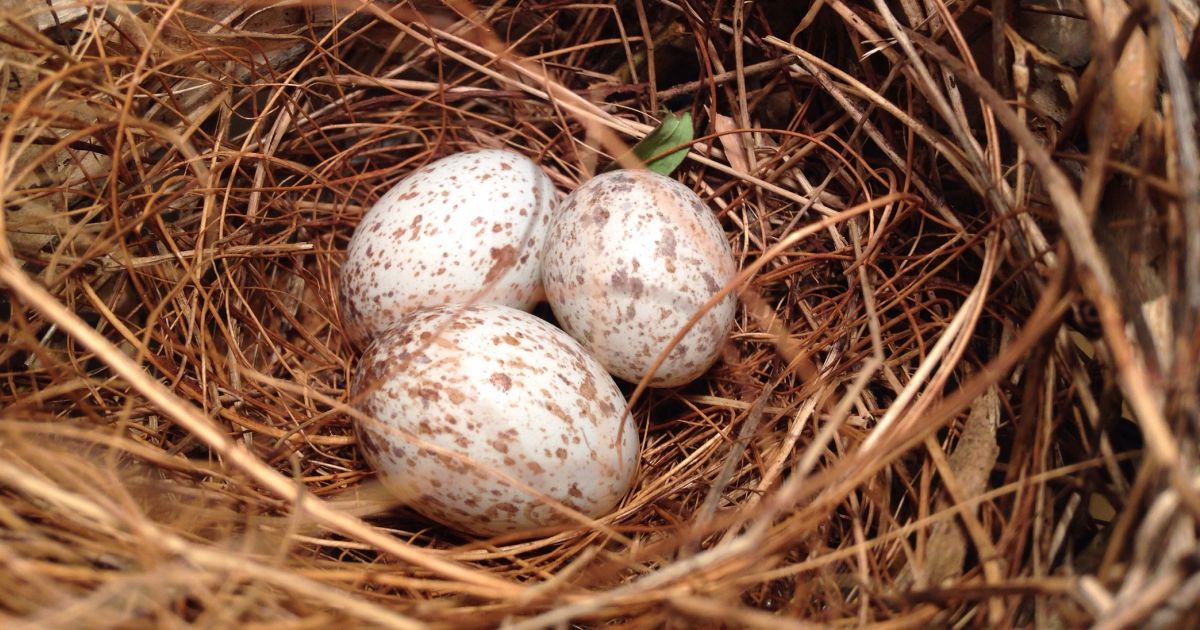



Biopgh Blog All The Colors In The Nest The Story Of Eggshell Coloration Phipps Conservatory And Botanical Gardens Pittsburgh Pa
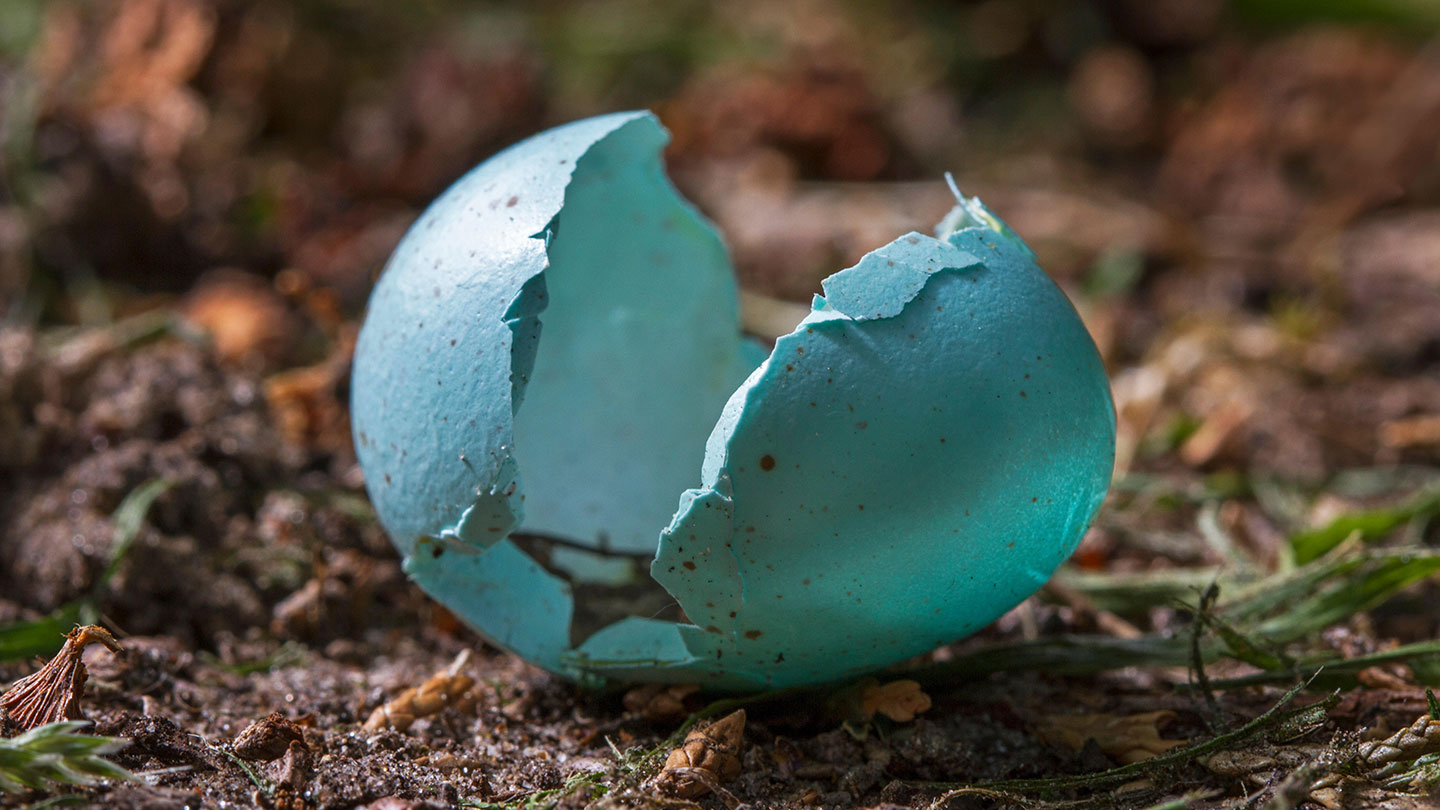



How To Identify Bird Egg Shells Woodland Trust




Why Do Birds Lay Blue Eggs Kim Smith Films



Julie Zickefoose On Blogspot Good New Is The Bluebirds Hatched



Bluebird Parental Care Of Hatchlings Nestlings And Fledglings Avian Report




Bluebirds What Is A Bluebird S Life Cycle Youtube
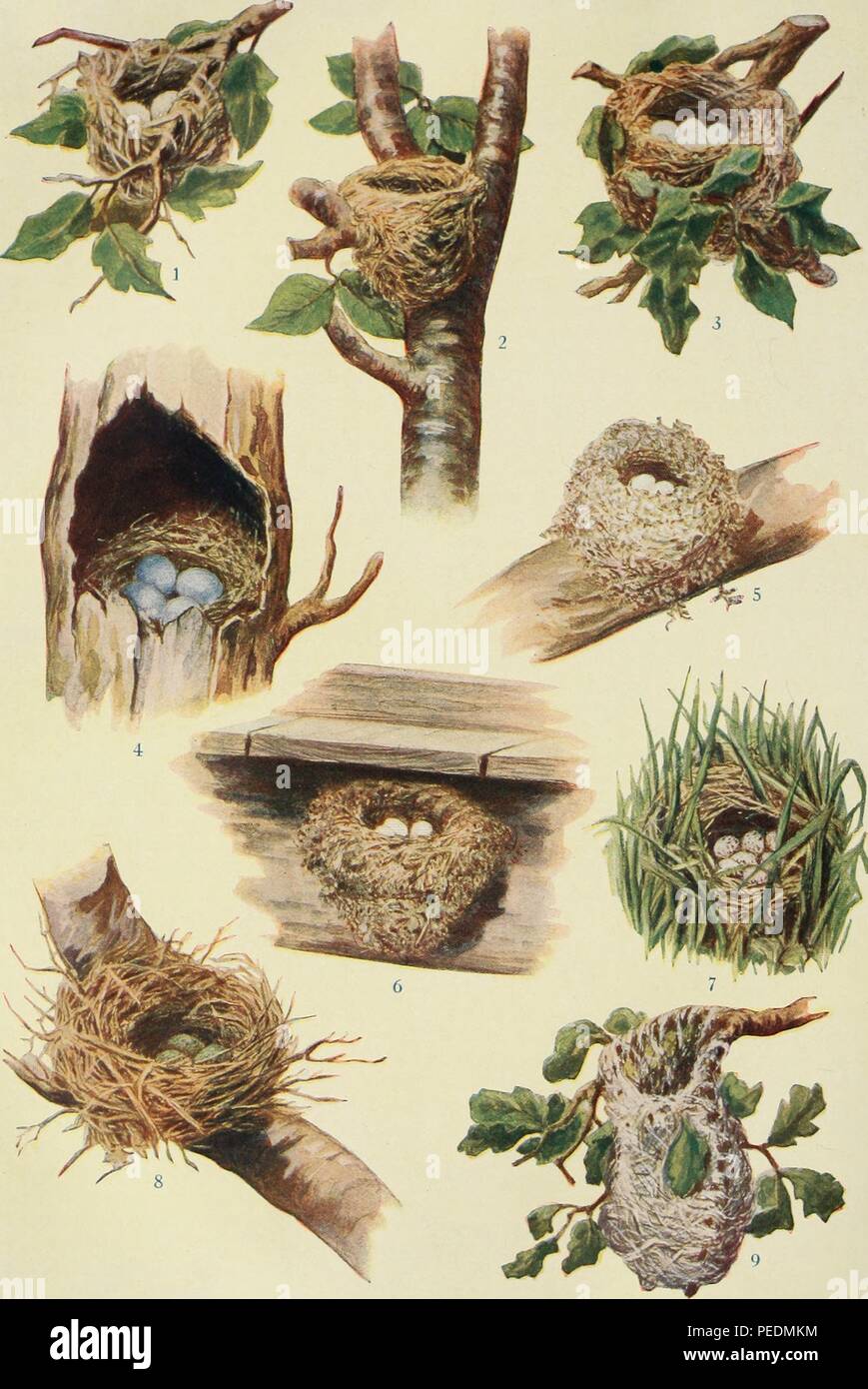



Color Illustration Of The Nests And Eggs Of Nine Birds Including The Red Eyed Vireo Vireo Olivaceus The American Redstart Setophaga Ruticilla The American Goldfinch Spinus Tristis The Bluebird Genus Sialia The Hummingbird




Bluebird Eggs Photos Free Royalty Free Stock Photos From Dreamstime




Animal Facts Blue Jay Canadian Geographic




Western Scrub Jay National Wildlife Federation
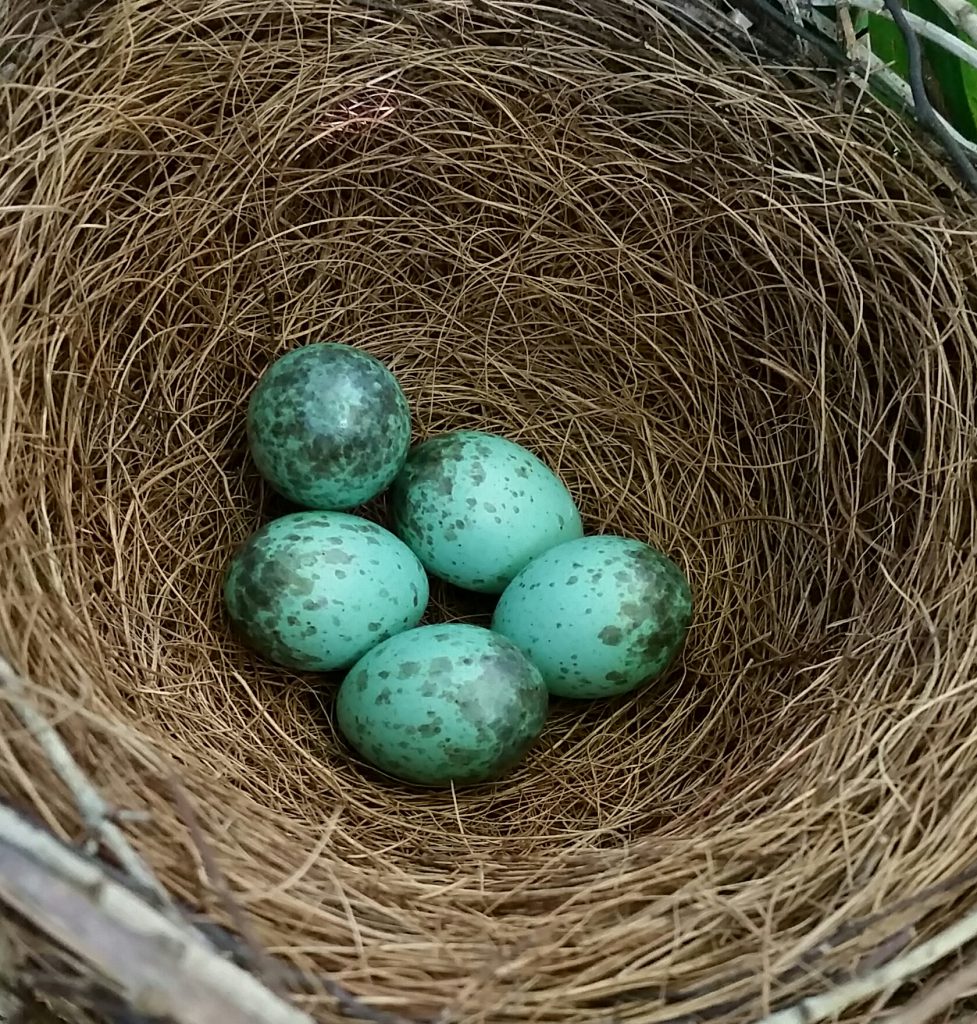



Nestwatch California Scrub Jay Nestwatch



2



Eastern Bluebird Nest Eggs And Young Identification With Photos



Wec406 Uw451 How To Promote Bluebirds In North Florida




How To Identify Birds Eggs c Wildlife Magazine Discover Wildlife




Eastern Bluebird
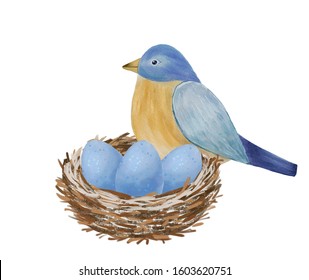



Robin Egg Blue Images Stock Photos Vectors Shutterstock



Cowbird Eggs And Young In Nestboxes




Basics Of Monitoring Bluebird And Other Birds Nest Boxes The Wood Thrush Shop




Bird Egg Identifier Uk Kennedy Wild Bird Food Guide




How To Identify Birds Eggs c Wildlife Magazine Discover Wildlife



Birds That Lay Blue Eggs Not All Blue Eggs Are Bluebird Eggs




Supersized Clutches Of Bluebird Eggs Found In Nestboxes
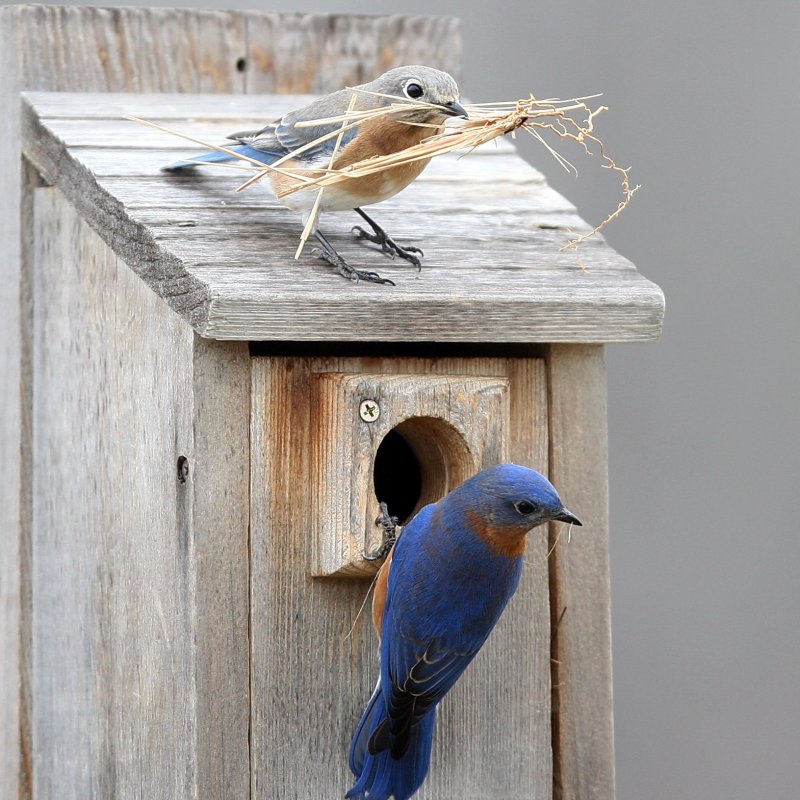



Basics Of Monitoring Bluebird And Other Birds Nest Boxes The Wood Thrush Shop



Bluebird Vs Bluejay What S The Difference You Do It Suet
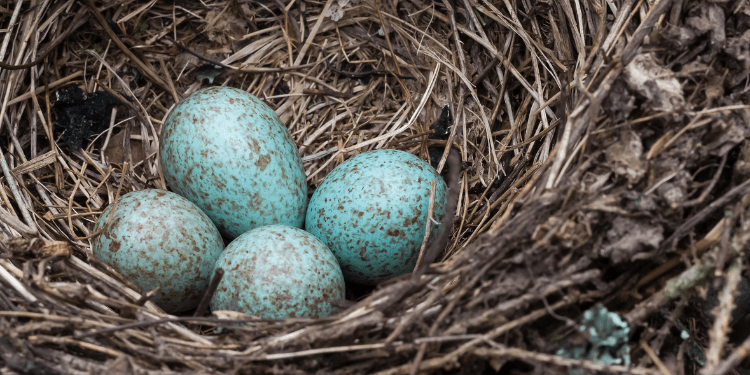



Blue Jay Eggs Everything You Need To Know Birdwatching Buzz



Eastern



Eastern Bluebird Nest Eggs And Young Identification With Photos
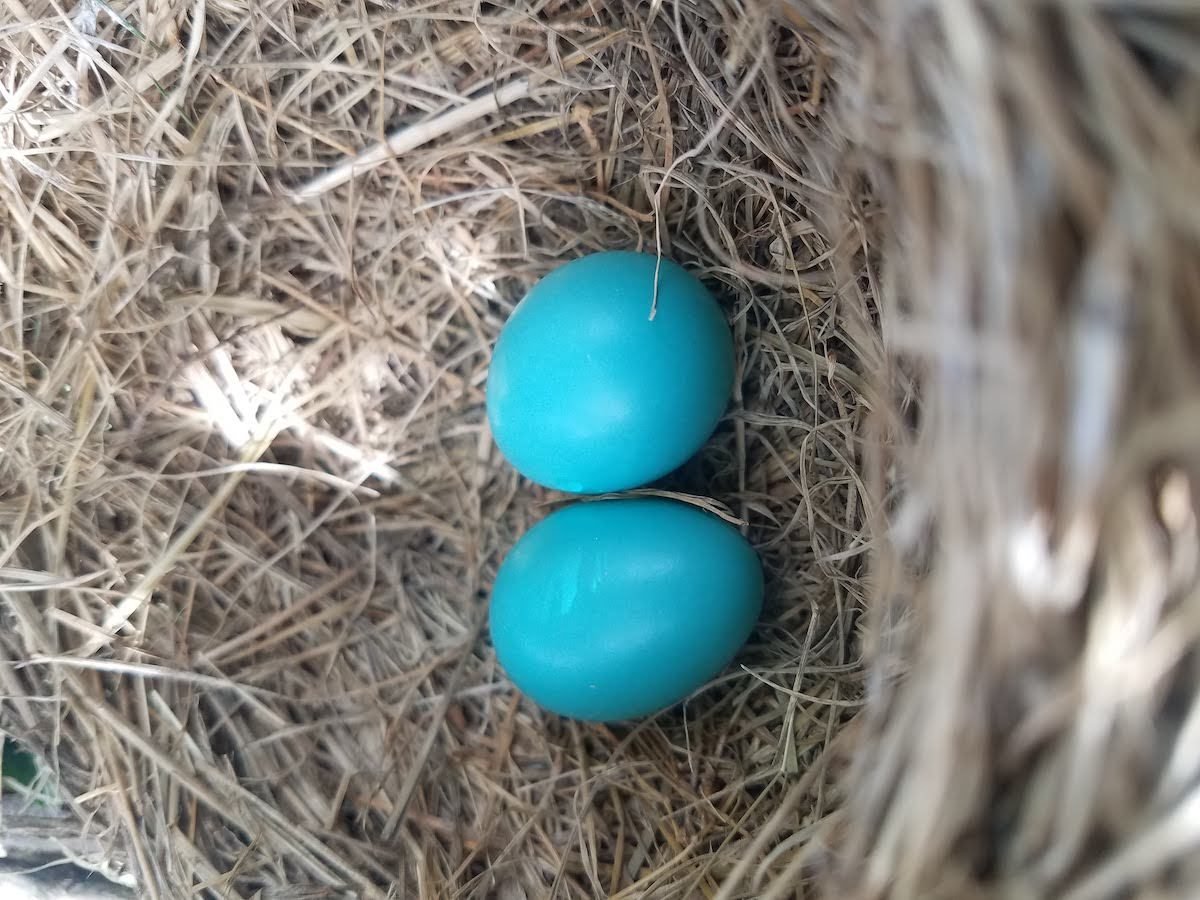



Identify Bird Eggs By Color And Size Birds And Blooms




11 Tips On How To Attract Bluebirds To Your Yard 21 World Birds




Why Birds Abandon Their Nests With Eggs 4 Common Reasons Bird Feeder Hub




Bluebird Facts And Information South Carolina Bluebird Society
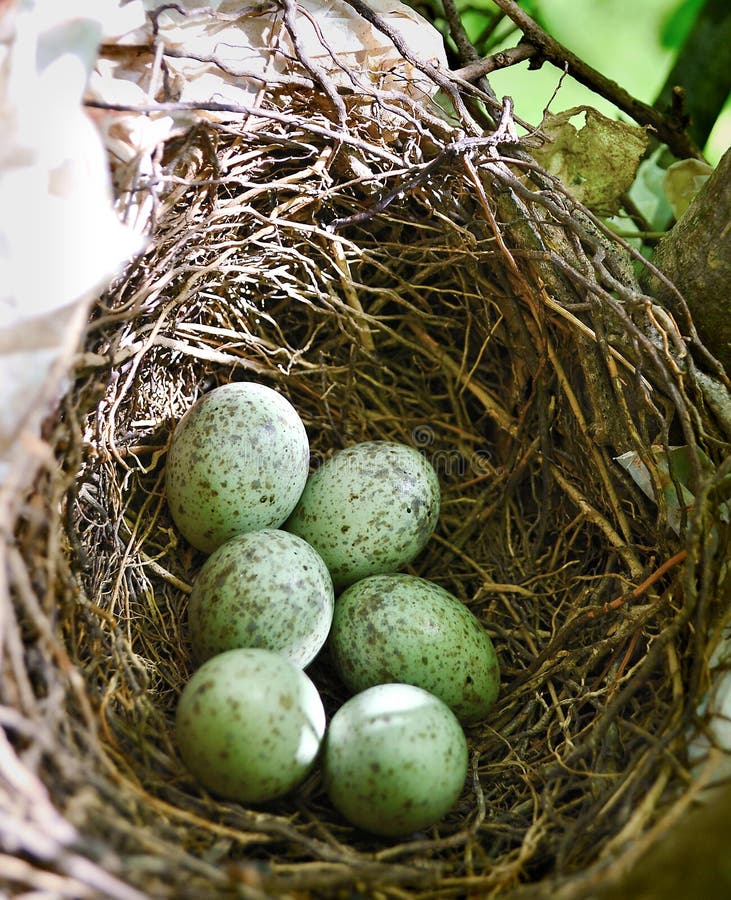



Blue Eggs Jay Photos Free Royalty Free Stock Photos From Dreamstime




80 Blue Jay Nest Stock Photos Pictures Royalty Free Images Istock
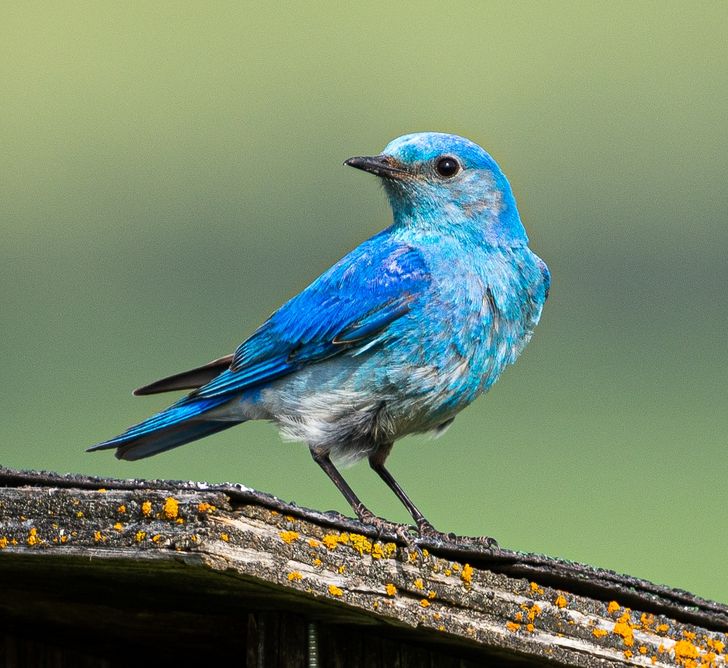



Mountain Bluebirds Lay Unusual Aquamarine Eggs But The Bird Itself Is The True Star Of The
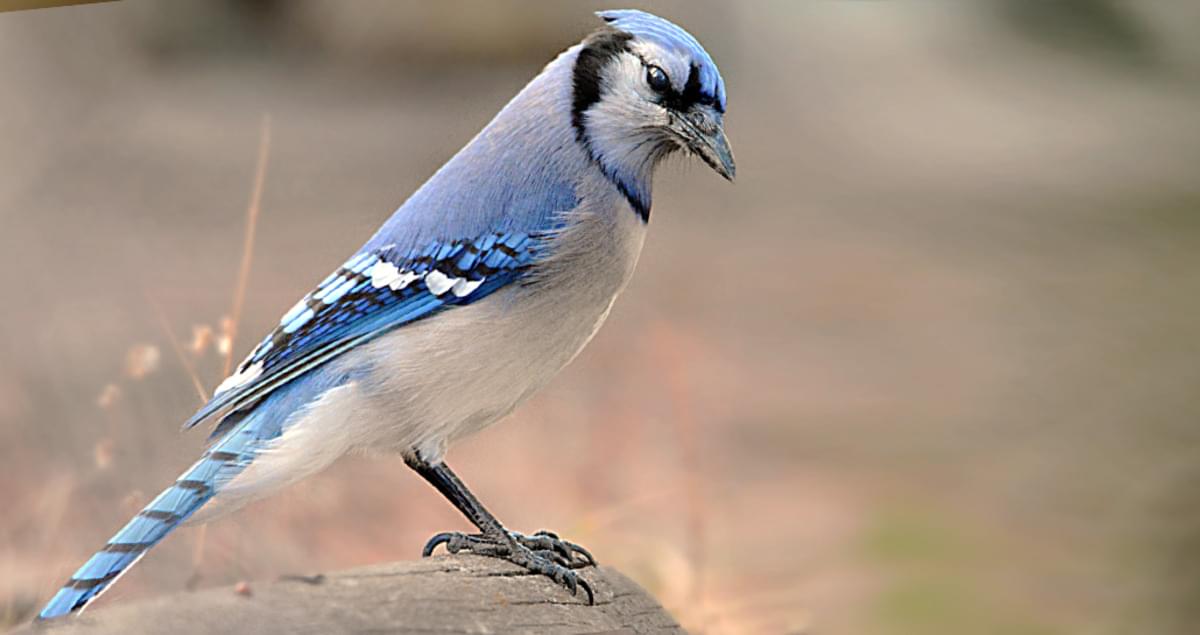



Blue Jay Life History All About Birds Cornell Lab Of Ornithology
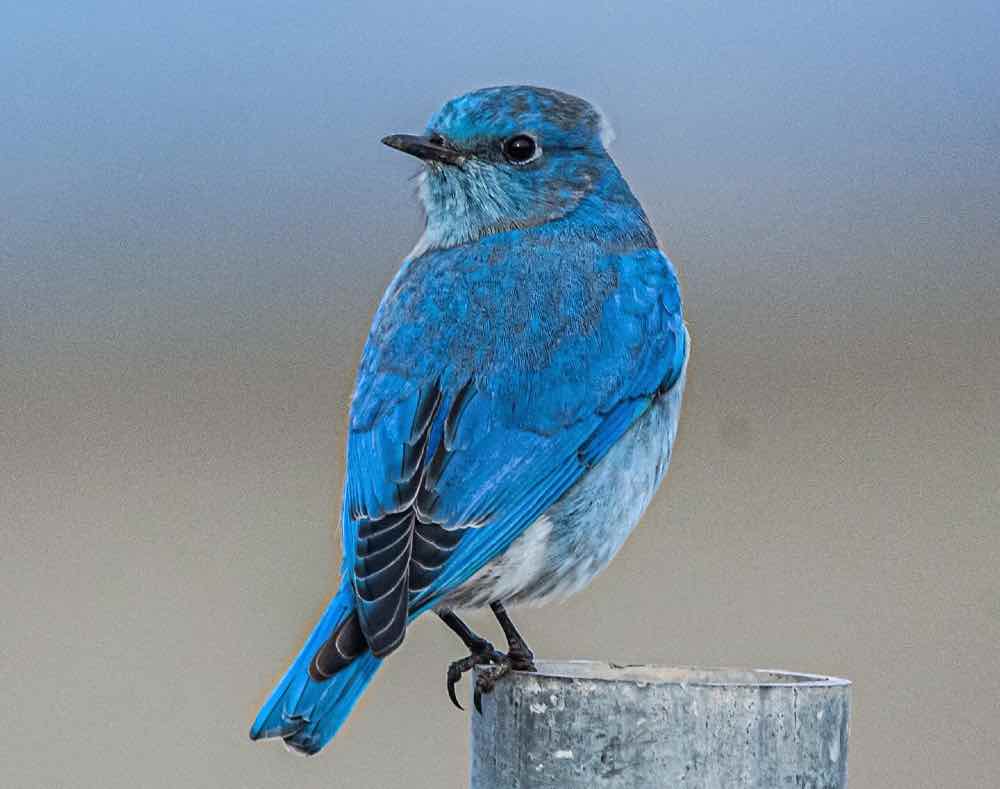



The Ultimate List Of Blue Colored Birds In Texas On The Feeder



All About Bird Eggs
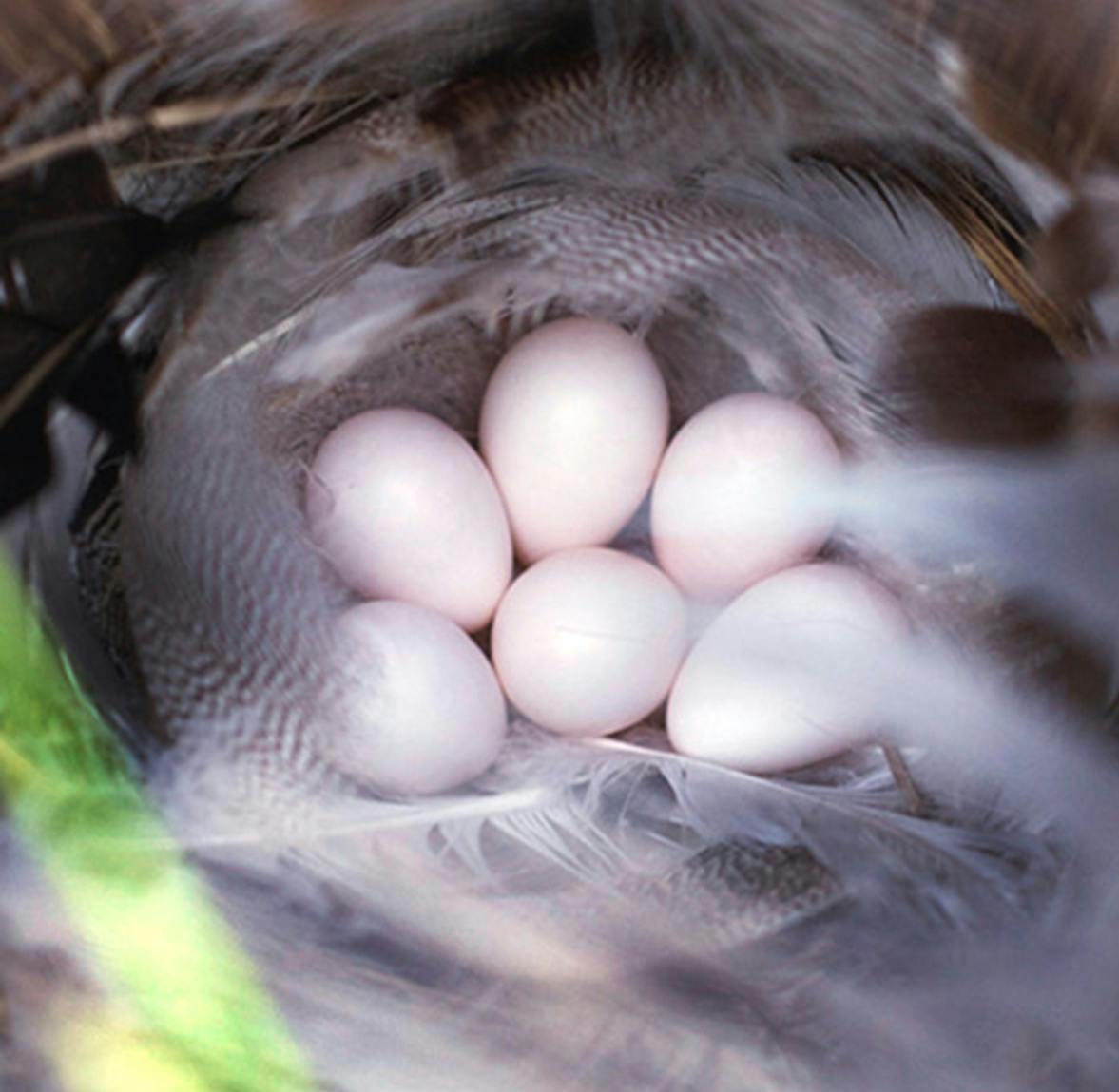



Why Are Some Bird Eggs Blue And Some Speckled Location Location Location Star Tribune
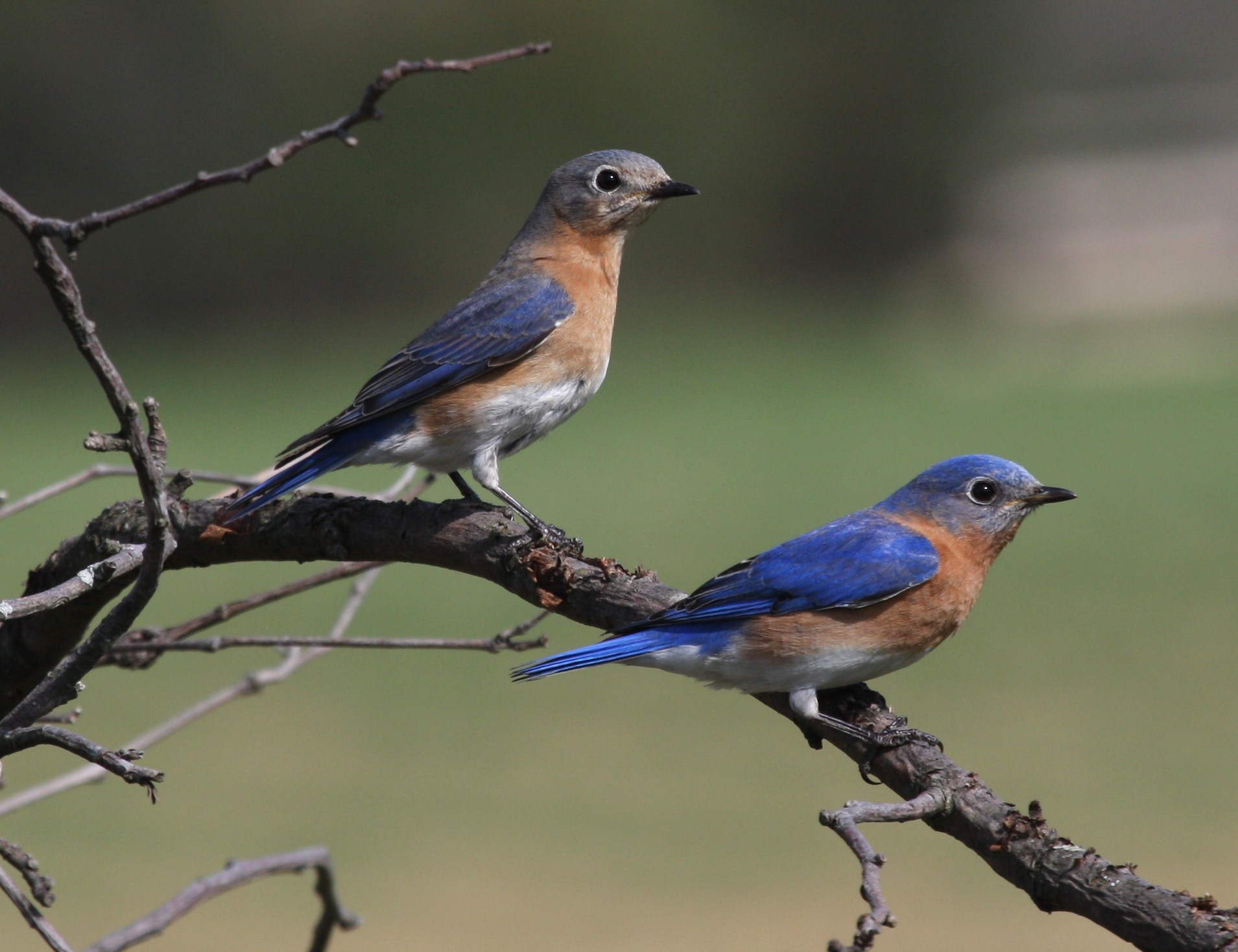



Eastern Bluebird Wikipedia
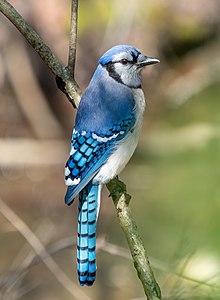



Blue Jay Wikipedia
/bluebird-house-good-58a6d4f55f9b58a3c90cf93f.jpg)



How To Use Bluebird Houses




Bird Egg Identifier Gardenbird
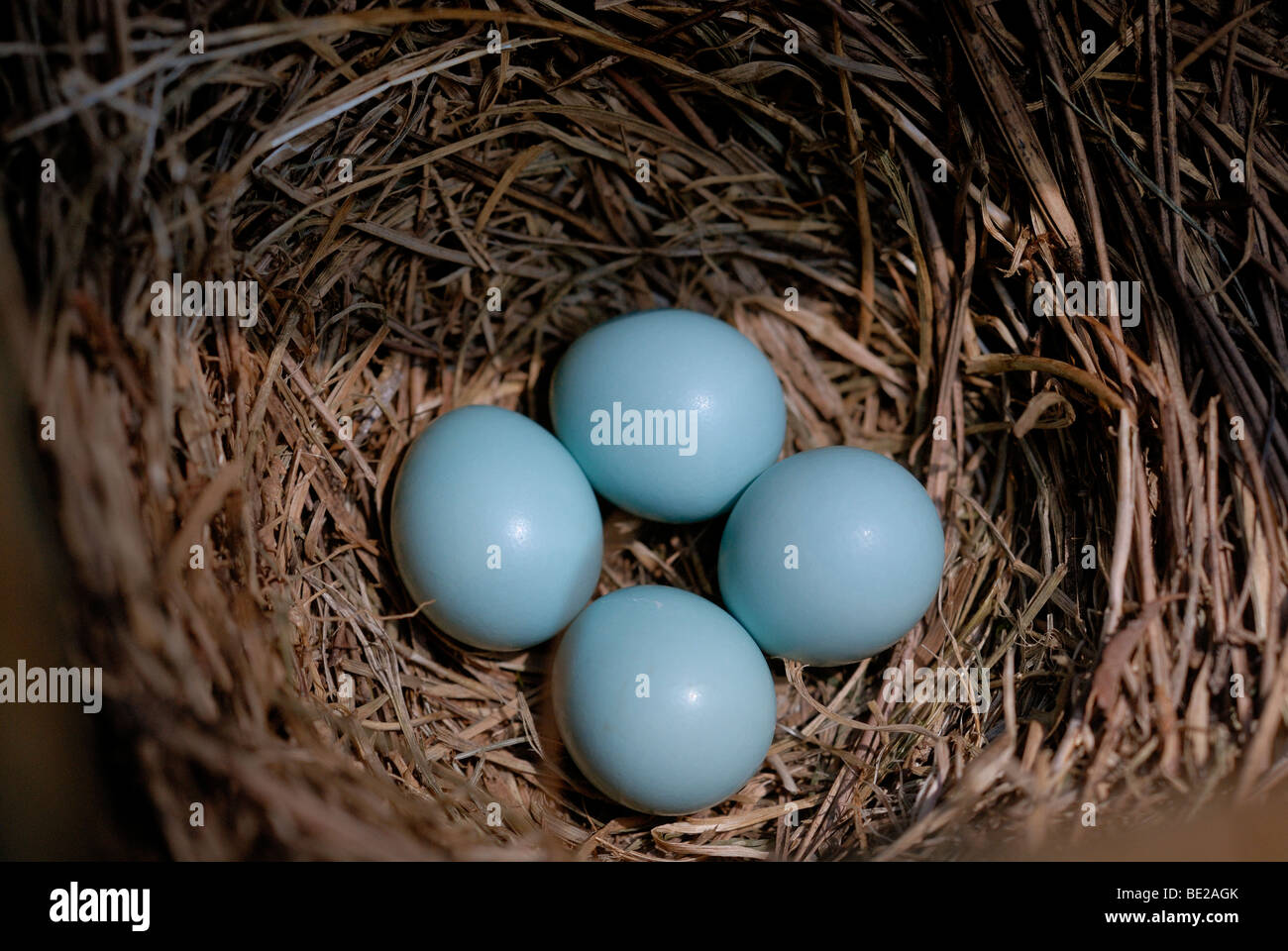



Blue Bird Eggs High Resolution Stock Photography And Images Alamy




Eastern Bluebird




Blue Jay Steals A Robin Egg From Nest Youtube



Robin Bird




Hybrid Birder Eastern Bluebird Egg Color




Bluebird Manor Bluebird Houses Blue Bird Birdhouses Heartwood The Birdhouse Chick



0 件のコメント:
コメントを投稿